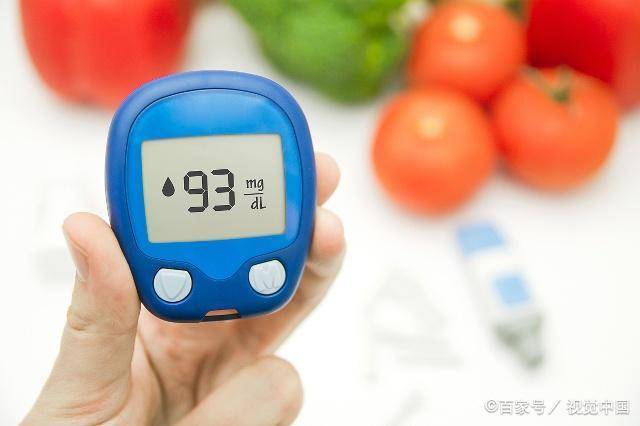When it comes to sweet potatoes, it is believed that everyone is very familiar with them. They are very common in our daily lives, and many people like to eat them. Sweet potatoes represent coarse grains, with very high nutritional value. Eating sweet potatoes regularly is very beneficial to health.
In recent years, the number of people suffering from diabetes around us has been increasing. This is closely related to daily unhealthy eating habits and lifestyle habits. Some people say that if you have diabetes, you should eat more coarse grains in your daily life, so you should eat more sweet potatoes.
However, some people say that sweet potatoes are very sweet. Eating sweet potatoes may lead to a rapid increase in blood sugar, which is not beneficial to health. So, does eating sweet potatoes raise blood sugar or lower it? Which statement is correct? Let’s analyze it together.
Is eating sweet potatoes regularly raising blood sugar or lowering it? Let’s clarify this once and for all
For diabetes patients, the most important concern is their diet. They are afraid that what they eat may cause their blood sugar to rise, which is not good for controlling the condition and may even lead to complications, posing a threat to health. Although sweet potatoes belong to coarse grains, their glycemic index is relatively high. Eating sweet potatoes regularly is not conducive to controlling blood sugar levels.
Moreover, some different varieties of sweet potatoes, although not sweet to taste, have a high glycemic index. Therefore, when eating sweet potatoes, be sure to pay attention and avoid consuming large quantities. It’s better to eat them in moderation, preferably as a substitute for staple foods, and also accompany them with fresh vegetables and fruits, which can help reduce blood sugar levels.
For diabetes patients, eating more “three melons” daily helps control blood sugar.
Bitter melon: Known as natural insulin, it contains abundant bitter melon saponin, a substance similar to insulin that helps promote sugar consumption and breakdown, effectively reducing blood sugar levels.
Pumpkin: It helps increase gastric viscosity, delay gastric emptying, inhibit the body’s digestion and absorption of sugar, and has a very good effect on lowering postprandial blood sugar. Therefore, diabetes patients can often drink pumpkin porridge, which is very helpful for the body.
Cucumber: With very high nutritional value, crisp and delicious, it not only promotes blood circulation, increases metabolic rate, and aids in sugar consumption and breakdown, but also has certain effects on reducing blood lipids and blood pressure. Therefore, people with hypertension, hyperlipidemia, and hyperglycemia may consider eating more cucumbers in daily life, which is very beneficial to health.
If you find this article helpful, feel free to share it with your friends and let more people benefit. Thank you for reading and supporting.


